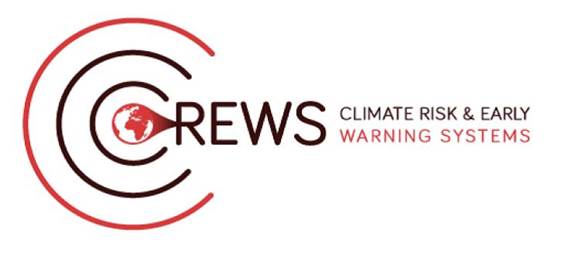37 participants, 60% women, gathered from 31 March to 2 April to discuss strategies to effectively incorporating gender perspectives into flood preparedness and response planning in Cambodia. The various sessions of the workshop provided an opportunity for participants to share experiences related to gender specific issues and needs, and to equip participants with tools and methods for gender mainstreaming in planning and implementation of End-to-End Early Warning Systems for Flood Forecasting and Flood Risk Management.
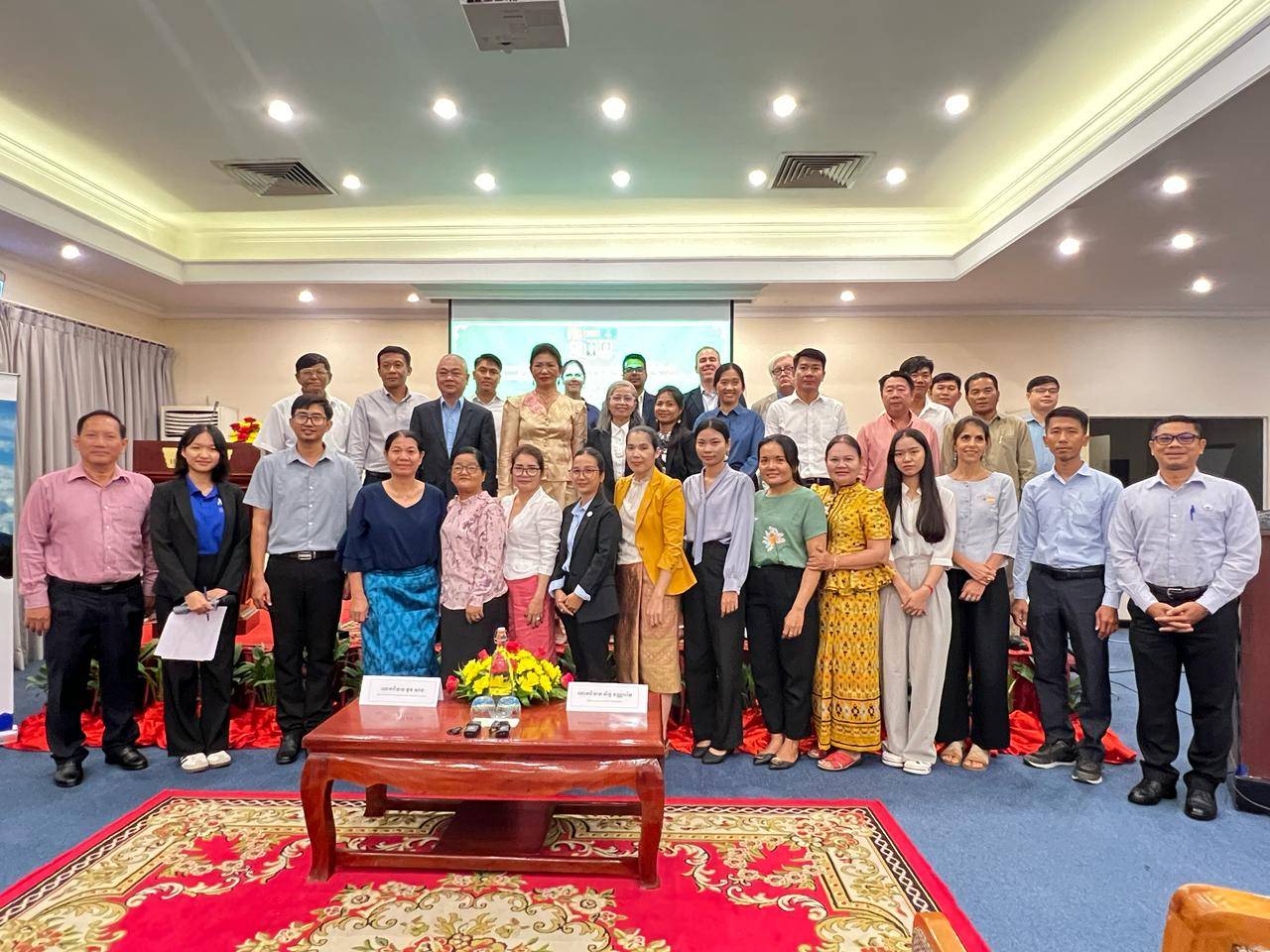
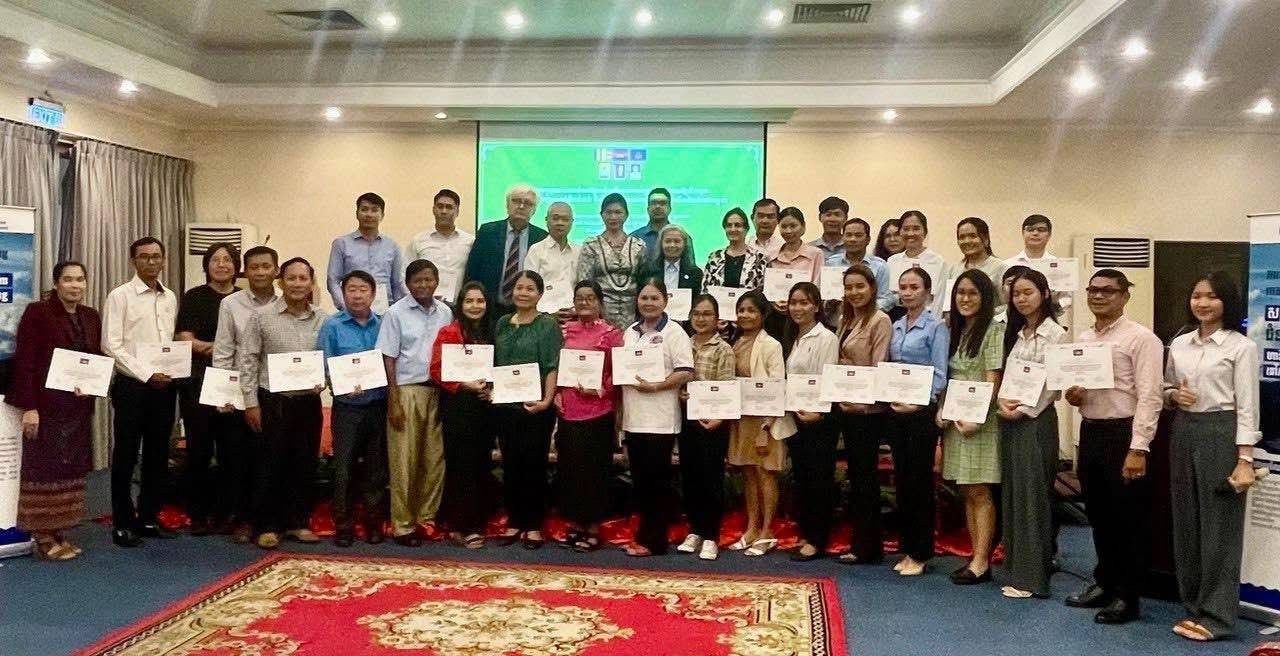
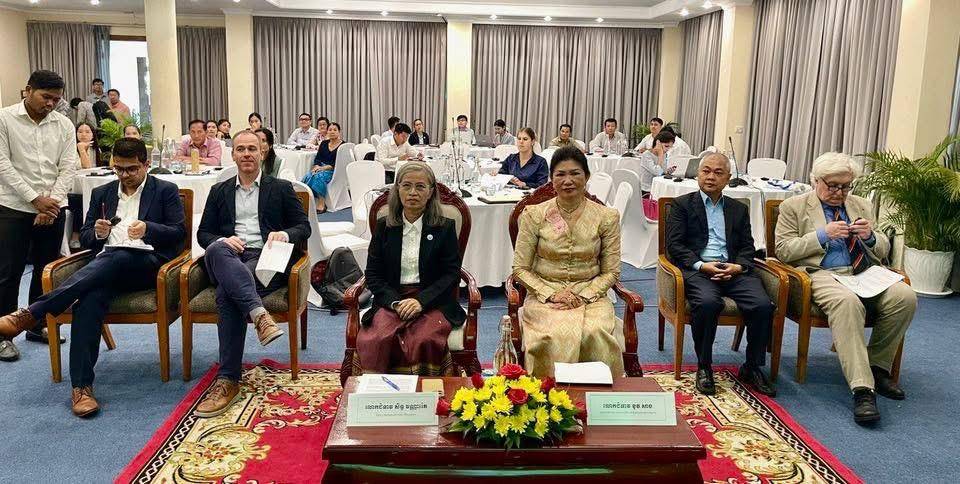
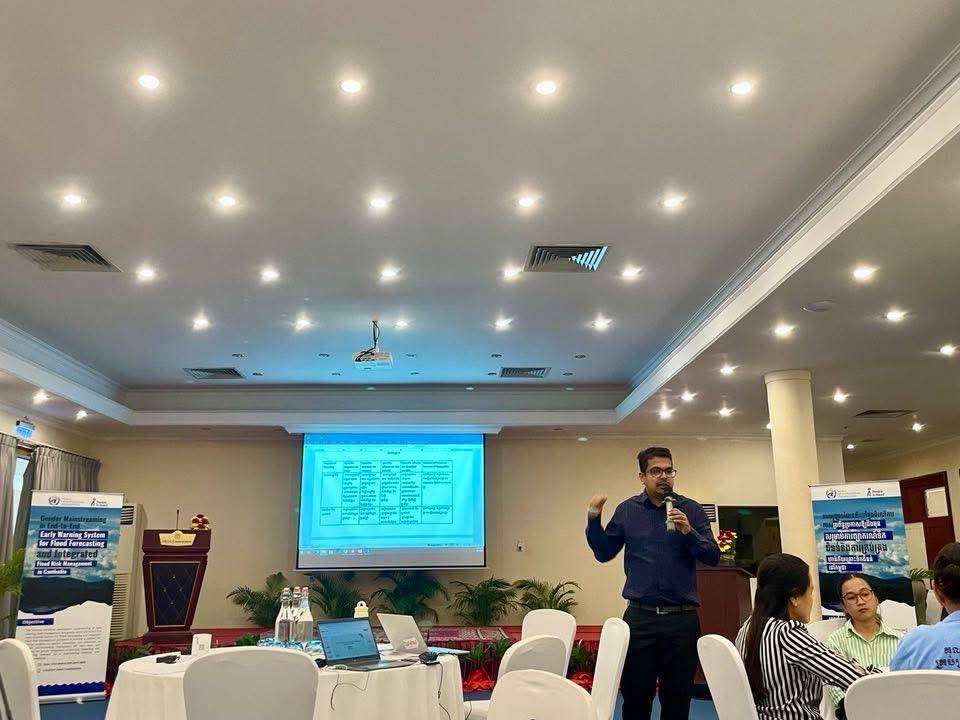




The workshop was organized under the framework of the CREWS Southeast Asia project, with support from the World Meteorological Organization and People in Need Cambodia (អង្គការ ភីផលអិននិត). This workshop was attended by representatives from the Ministry of Water Resources and Meteorology and other relevant ministries, the National Committee for Disaster Management, the Cambodian Red Cross, the British Embassy in Cambodia, the Kandieng District Authority, sub-national disaster response teams, The World Bank, and development partners, including representatives from World Meteorological Organization, People in Need, World Food Programme, UNDP, Plan International, and UN Women.
Below are two of the recommendations presented by Her Excellency Seth Vannareth, Permanent Representative of Cambodia to the WMO, among many others agreed upon by the participants:
- At the national level to co-design solutions with all stakeholders including women, men and other representatives on E2E-EWSFF and IFRM activities
- At the national and local level to provide the relevant structures with the necessary resources (human, technical etc.) to take gender and social inclusion issues into account in the E2E-EWS-FF and IFRM processes
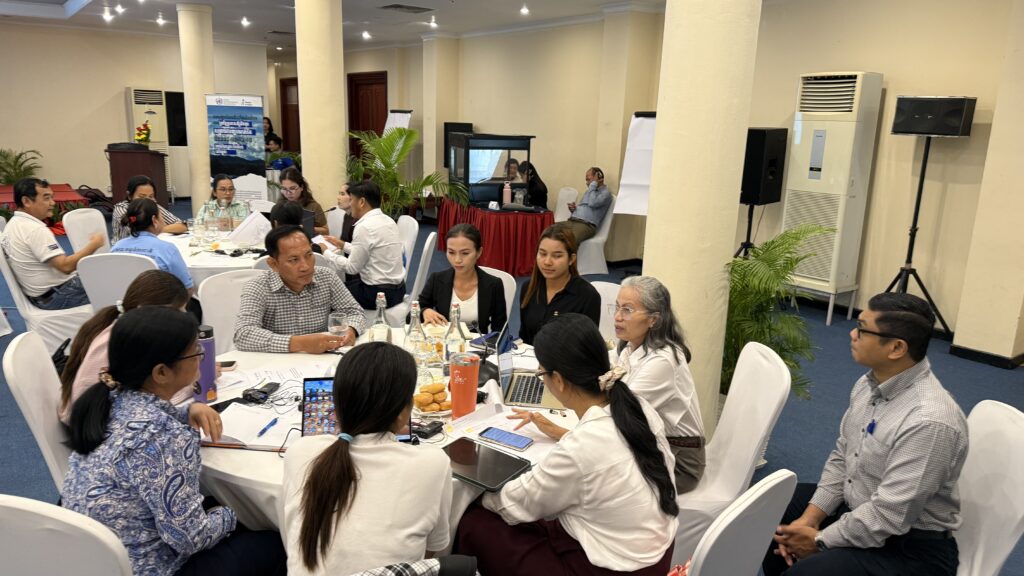
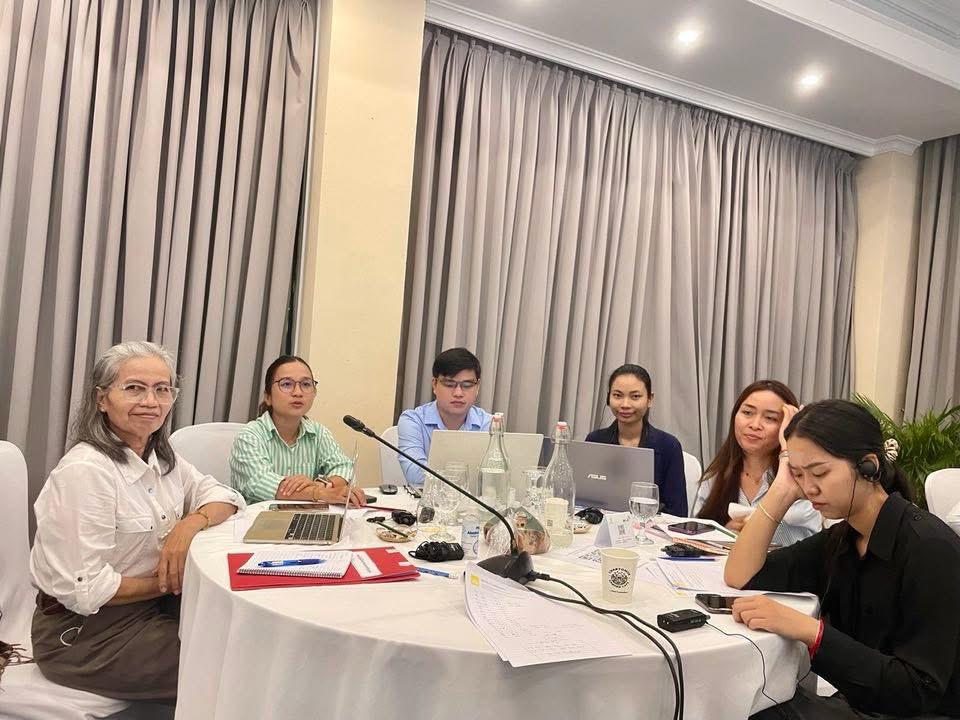
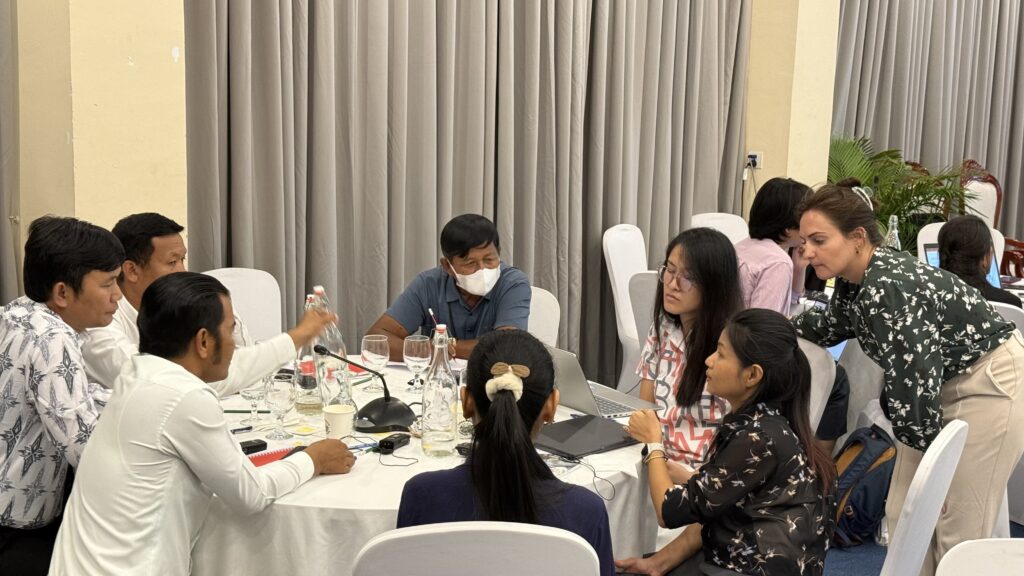
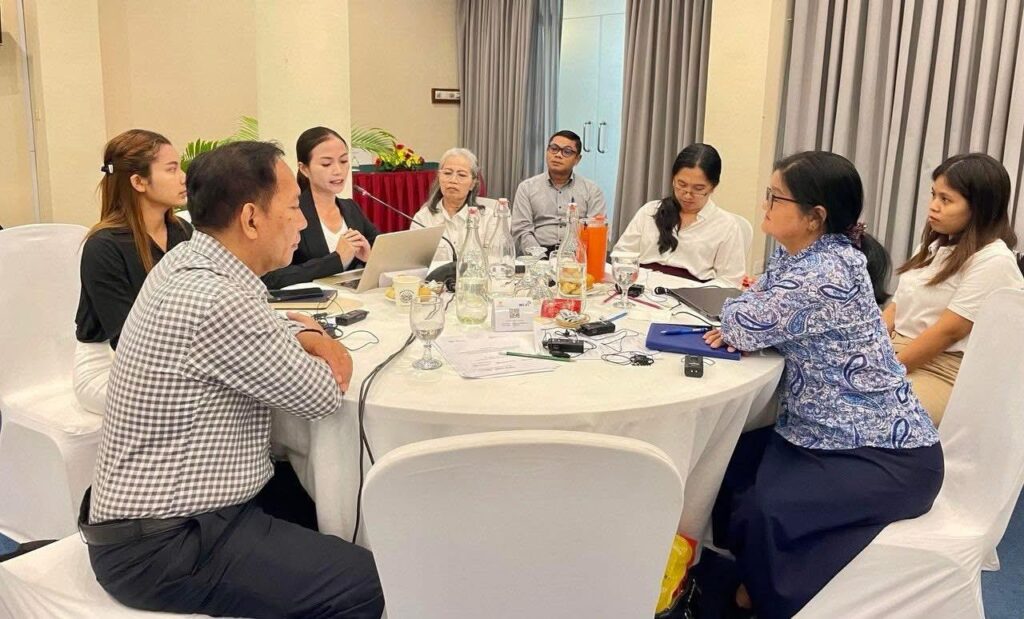
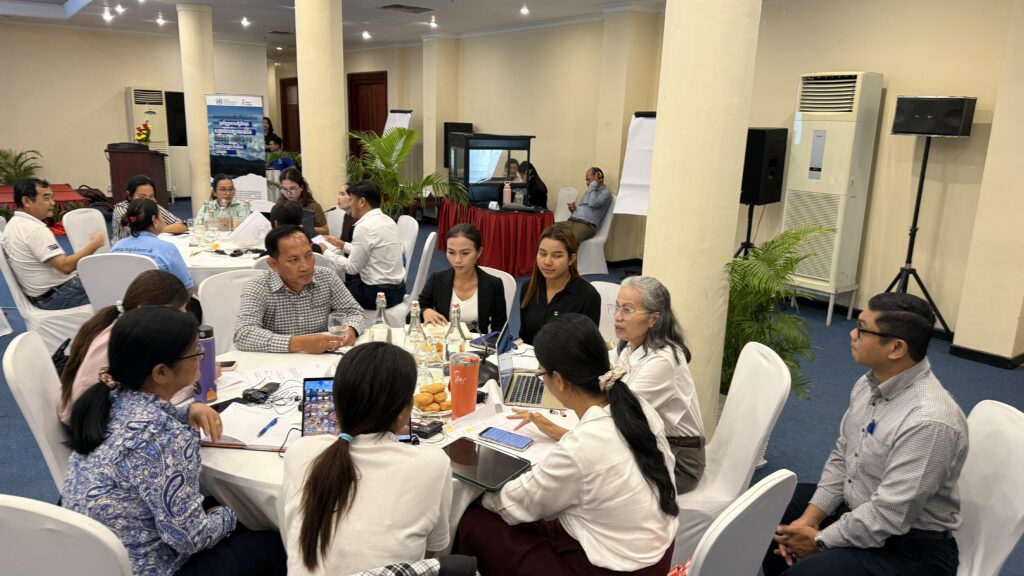
The workshop was conducted with the aim of enhancing gender integration in climate risk management and addressing the vulnerabilities of women and other at-risk groups to ensure early warning is accessible to everyone.
